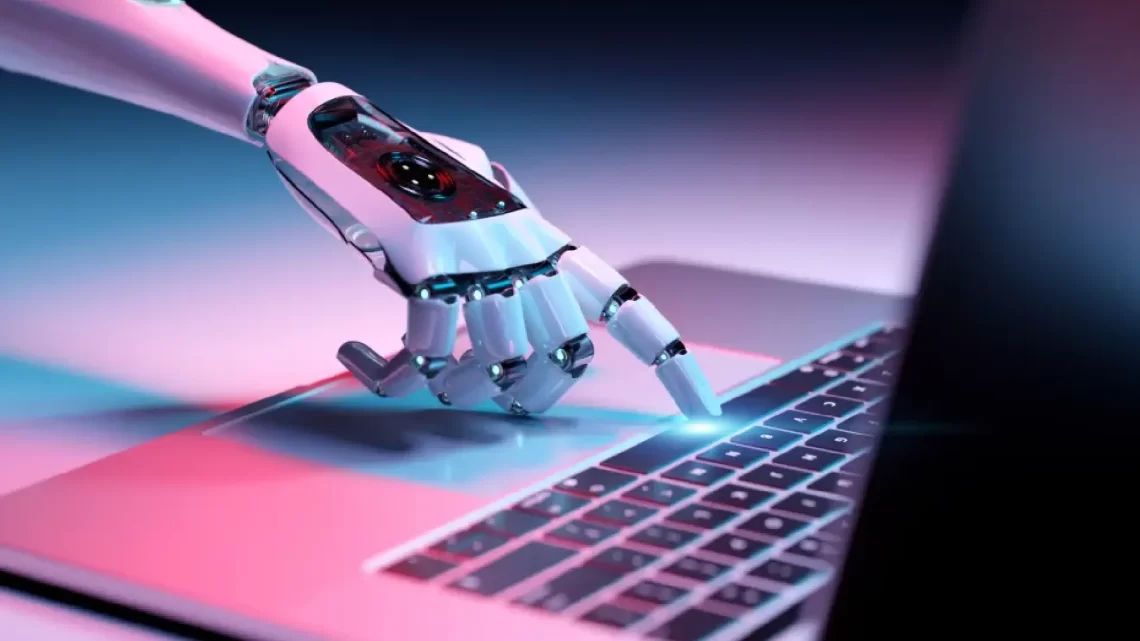
Elon Musk Predicts AI Will Replace Human Jobs
June 3, 2024 Off By Sharp MediaElon Musk, the CEO of SpaceX and Tesla, has made a bold prediction about the future of work, asserting that artificial intelligence (AI) will eventually render human jobs obsolete. Speaking remotely via webcam at VivaTech 2024 in Paris, Musk elaborated on his vision of a future where employment is optional and AI takes over the production of goods and services.
“Probably none of us will have a job,” Musk stated, suggesting a paradigm shift where traditional employment becomes unnecessary. In this scenario, people would work only if they desired to, treating jobs more as hobbies than necessities. Musk envisions a world where AI and robots provide all essential goods and services, eliminating the need for human labor.
For such a society to function, Musk proposed the concept of “universal high income,” a variant of universal basic income (UBI). Unlike UBI, which involves the government distributing a fixed amount of money to all citizens regardless of their earnings, Musk’s universal high income would ensure that people have enough resources to lead comfortable lives without needing to work. However, Musk did not provide specific details on how this system would be implemented.
“There would be no shortage of goods or services,” Musk asserted, highlighting the potential abundance in a world powered by AI. This optimistic outlook contrasts with current concerns about AI’s impact on employment. Over the past few years, AI capabilities have advanced rapidly, leaving regulators, companies, and consumers dealing with how to use the technology responsibly. The potential for job displacement has been a significant worry, with many fearing widespread unemployment as AI becomes more integrated into various industries.
Interestingly, a study by MIT’s Computer Science and Artificial Intelligence Lab found that workplaces are adopting AI more slowly than anticipated. The report indicated that many jobs previously deemed vulnerable to AI automation were not economically viable for employers to automate at that time. Moreover, experts believe that roles requiring high emotional intelligence and human interaction, such as mental health professionals, creatives, and teachers, are less likely to be replaced by AI.
Musk has long been vocal about his concerns regarding AI, describing it as his “biggest fear” during his keynote. He referenced the “Culture Book Series” by Ian Banks, which envisions a utopian society managed by advanced technology, as a plausible depiction of a future dominated by AI.
Musk raised a critical question about human fulfilment despite the potential benefits of an AI-driven world. “The question will be one of meaning – if the computer and robots can do everything better than you, does your life have meaning?” he pondered. Musk suggested that humans might still play a vital role in giving AI its purpose, thereby maintaining a sense of significance in a job-free future.
Additionally, Musk addressed the issue of social media’s impact on children, urging parents to limit their exposure. He warned that children are being influenced by “dopamine-maximizing AI,” which shapes their behavior and preferences.
To summarize, Elon Musk’s future vision presents both exciting possibilities and profound challenges. While AI has the potential to create a world of abundance and leisure, it also prompts deep questions about purpose, fulfilment, and the role of humans in an increasingly automated world. As AI continues to evolve, society must navigate these complexities to ensure a future that benefits all.

